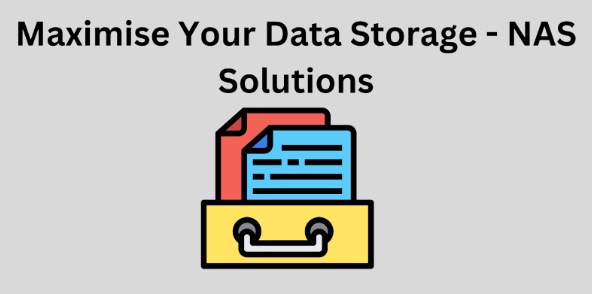Scale-out NAS (Network Attached Storage) is a type of storage system that uses multiple nodes to increase capacity and performance. It is designed to be used as a single storage system but can also scale up or down, depending on the user’s needs. By using multiple nodes, it is possible to provide better performance and reliability than traditional shared storage systems. In this article, we will discuss the various uses and features of scale-out NAS.
Uses of Scale Out NAS
The most common use for NAS solutions is in enterprise environments. This type of storage system provides a great alternative to traditional storage solutions such as SANs (Storage Area Networks). With scale-out NAS, organizations can easily scale up their storage capacity as needed without having to purchase additional hardware.
Additionally, since the data is stored across multiple nodes, it provides greater protection against data loss due to hardware failures or other disasters.
Also, some businesses use scale-out NAS for cloud computing applications such as file sharing and remote access. By leveraging multiple nodes on a single system, businesses can easily store and share large amounts of data with their employees in different locations around the world.
Furthermore, many businesses are now using NAS systems for big data applications such as analytics and machine learning. By storing their data across multiple nodes, organizations can quickly access and process large amounts of data with minimal latency.
Features of Scale Out NAS
Scale Out NAS offers several advantages over traditional shared storage solutions. One key advantage is its scalability – The scalability of an NAS solution is another key benefit. You can easily add additional storage capacity by simply adding another device or expanding existing ones without having to retool or purchase new hardware altogether - unlike with traditional server systems which require extensive upgrades before additional capacity can be added.
Additionally, most NAS solutions also allow you to expand into different types of storage solutions such as cloud storage and hybrid cloud solutions depending on your needs.
Additionally, since the data is distributed across multiple nodes, it provides greater redundancy which helps improve system reliability and protect against data loss due to hardware failure or disasters like natural calamity etc. Finally, since each node in the cluster acts independently from one another, it allows for easier maintenance by allowing administrators to take individual nodes offline for maintenance without affecting the entire cluster’s performance or availability.
Conclusion
Scale Out NAS offers several advantages over traditional shared storage solutions including scalability, improved redundancy, and better availability for maintenance tasks. It has become an increasingly popular choice for organizations looking for a reliable yet flexible way to store their data both on premise and in the cloud environment. As technology continues to evolve at an ever faster pace, it’s likely that Scale Out NAS will continue to grow in popularity among businesses looking for an efficient way to store their critical information securely while still maintaining flexibility and scalability over time.


No comments yet